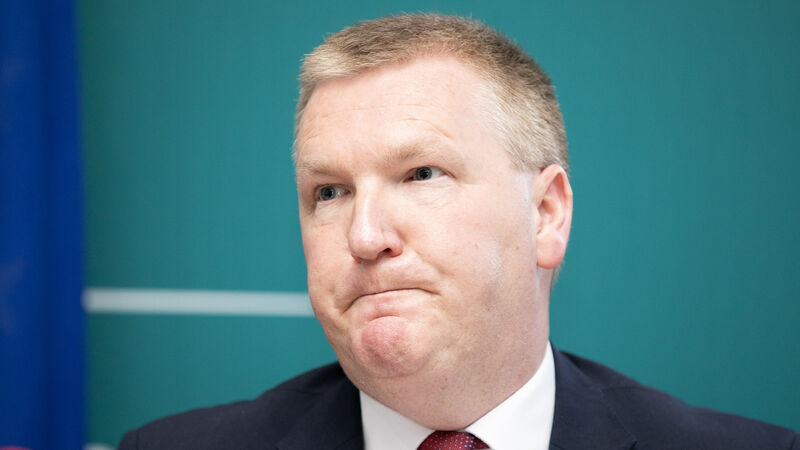Department of Finance told sanctions to prevent Russian money-laundering 'unenforceable'

A briefing for Finance Minister Michael McGrath said: 'It should be noted that many countries across the EU and globally have implementation challenges with sanctions.' Picture: Gareth Chaney/Collins
The Department of Finance tried to downplay comments made by one of its senior officials about how ineffective sanctions had been in stopping the flow of Russian money through Ireland.
In a series of briefings, ministers were advised to say while international sanctions were a “complex and dynamic area”, there had been no reported issues with enforcement in this country.










